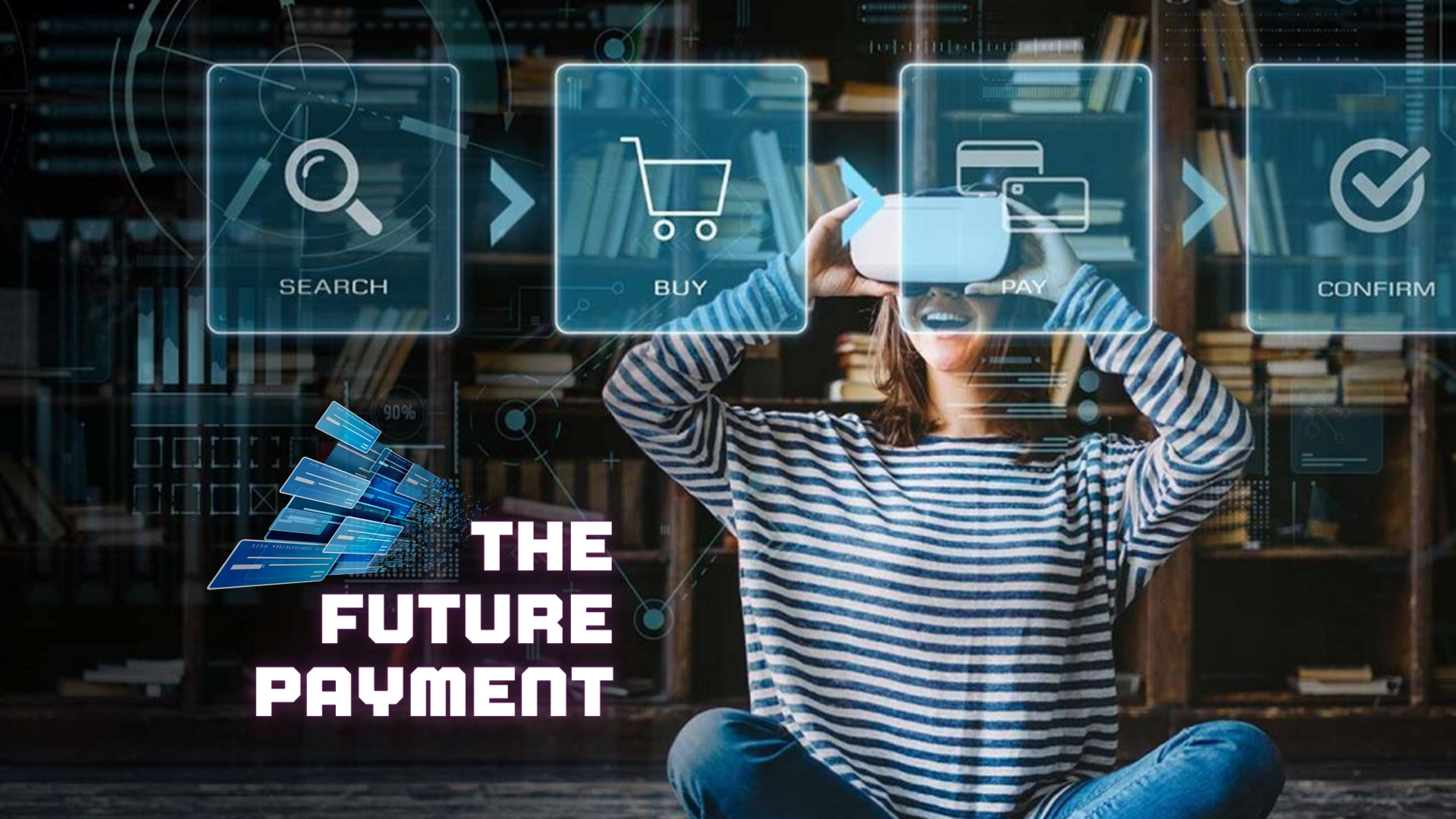
| March 6th, 2023 |
The Future of Cash — Cryptocurrencies, Digital Payment Systems, and the Impact of Covid-19
Introduction:
The debate over the future of cash has intensified as digital payment systems gain prominence. This discussion explores the impact of various factors, including cryptocurrencies, the COVID-19 pandemic, and the changing dynamics of financial transactions.
Digital Payment Trends:
1. Rise of Digital Payment Methods:
The ongoing transformation in payment methods is marked by the surging popularity of digital alternatives, signifying a paradigm shift in how transactions are conducted.
A. Convenience in Transactions:
Uncover how digital payment methods, such as credit cards, debit cards, and mobile payment systems, have redefined convenience in financial transactions. Users can make swift, hassle-free payments, eliminating the need for physical cash and the associated complexities.
B. Enhanced Security Protocols:
Delve into the robust security features embedded in digital payment systems. Explore how encryption, biometric authentication, and real-time transaction monitoring contribute to heightened security levels, assuaging concerns about fraud and unauthorized access.
C. Streamlined Financial Management:
Understand the impact of digital payment methods on personal financial management. The integration of transaction histories and real-time updates enables users to track expenditures more efficiently, fostering better financial planning and awareness.
2. The COVID-19 Effect:
The global health crisis brought about by the COVID-19 pandemic has acted as a catalyst, expediting the adoption of digital and contactless payment methods.
A. Contactless Transactions:
Examine how the fear of physical currency transmission during the pandemic has accelerated the adoption of contactless payment solutions. Understand how contactless cards, mobile wallets, and QR code payments have gained traction as safer alternatives.
B. Shift in Consumer Behavior:
Explore the evolving consumer mindset that emerged during the pandemic. Understand how heightened awareness of hygiene and safety has led individuals to prefer digital payment methods, contributing to a cultural shift in how society perceives and engages with money.
C. Business Adaptation:
Investigate how businesses, recognizing the changing preferences of consumers, have adapted their payment infrastructures. Explore the integration of digital payment options by retailers and service providers, marking a pivotal moment in the evolution of transactional ecosystems.
D. Digital Currency Acceptance:
Consider the broader implications of the pandemic on public acceptance of digital currencies. Evaluate how the shift towards digital payments has paved the way for increased openness to alternative forms of currency, setting the stage for potential transformations in the financial landscape.
Cryptocurrencies and Decentralization:
1. The Role of Cryptocurrencies:
Cryptocurrencies, characterized by their decentralized nature, represent a seismic shift in traditional financial paradigms. Unlike conventional currencies controlled by central authorities, cryptocurrencies operate on blockchain technology, a distributed ledger that enhances transparency, security, and immutability. This section delves into the fundamental role of cryptocurrencies in disrupting established monetary systems.
A. Decentralization and Empowerment:
Cryptocurrencies eliminate the need for intermediaries like banks, empowering users with direct control over their funds. Explore how this decentralization fosters financial inclusivity and autonomy, particularly for those excluded from traditional banking systems.
B. Global Accessibility:
Unlike traditional banking, which may have geographical limitations, cryptocurrencies provide global accessibility. Examine the potential of cryptocurrencies to serve as a universal form of currency, transcending borders and facilitating international transactions seamlessly.
C. Cryptography and Security:
Understand the cryptographic foundations of cryptocurrencies that secure transactions. Delve into the cryptographic principles that ensure the integrity and confidentiality of financial interactions, offering a level of security unmatched by traditional methods.
2. The Programmable Future of Money:
As we contemplate the future of currency, envisioning a scenario where money becomes programmable is crucial for understanding the transformative potential of cryptocurrencies.
A. Smart Contracts:
Explore the concept of smart contracts, self-executing contracts with coded terms. Cryptocurrencies enable the creation and execution of these contracts automatically, revolutionizing the way agreements and transactions are conducted without the need for intermediaries.
B. Automated Compliance and Governance:
Consider the potential for cryptocurrencies to incorporate programmable compliance features, automating regulatory adherence and governance. This aspect could streamline financial processes, reduce fraud, and enhance overall transparency in monetary transactions.
C. Customizable Monetary Policies:
Investigate the idea of customizable monetary policies enabled by programmable cryptocurrencies. This could allow for dynamic adjustments in economic parameters, fostering adaptability to changing financial landscapes and crises.
D. Enhanced Security Measures:
Examine how the programmability of money through cryptocurrencies enhances security. Programmable features can provide advanced authentication methods, fraud prevention mechanisms, and real-time monitoring, ensuring maximum security in financial transactions.
The Current Importance of Cash:
Despite the ongoing trends favoring digital payments, cash remains a vital component of our economy. Delve into the reasons why, particularly in developing countries, people still heavily rely on cash as their primary means of payment.
The Uncertain Path Ahead:
As we navigate the evolving landscape of currency, uncertainties abound. The potential demise of paper money in favor of digital currencies issued by central banks is explored, but it is essential to acknowledge the persistent role cash plays in our economy. This section emphasizes the importance of adaptability and the need to embrace emerging forms of payment, regardless of the ultimate direction the future of cash takes.
Conclusion: Embracing the Evolution of Currency:
The convergence of digital payment trends and the rise of cryptocurrencies is reshaping the future of financial transactions. The widespread adoption of convenient and secure digital payment methods, alongside the transformative impact of the COVID-19 pandemic, has accelerated the shift towards contactless transactions and altered consumer behaviors.
Cryptocurrencies, with their decentralized nature, empower global users and introduce a programmable future for money, marked by smart contracts and enhanced security measures. While the trajectory points towards a cashless future, the persistent role of cash, especially in developing economies, necessitates an adaptable approach.
As we navigate this dynamic landscape, the amalgamation of digital payments and cryptocurrencies promises a more inclusive, secure, and globally interconnected financial ecosystem. Embracing uncertainty and remaining open to emerging forms of payment will be crucial as we enter the next era of currency and transactions.
